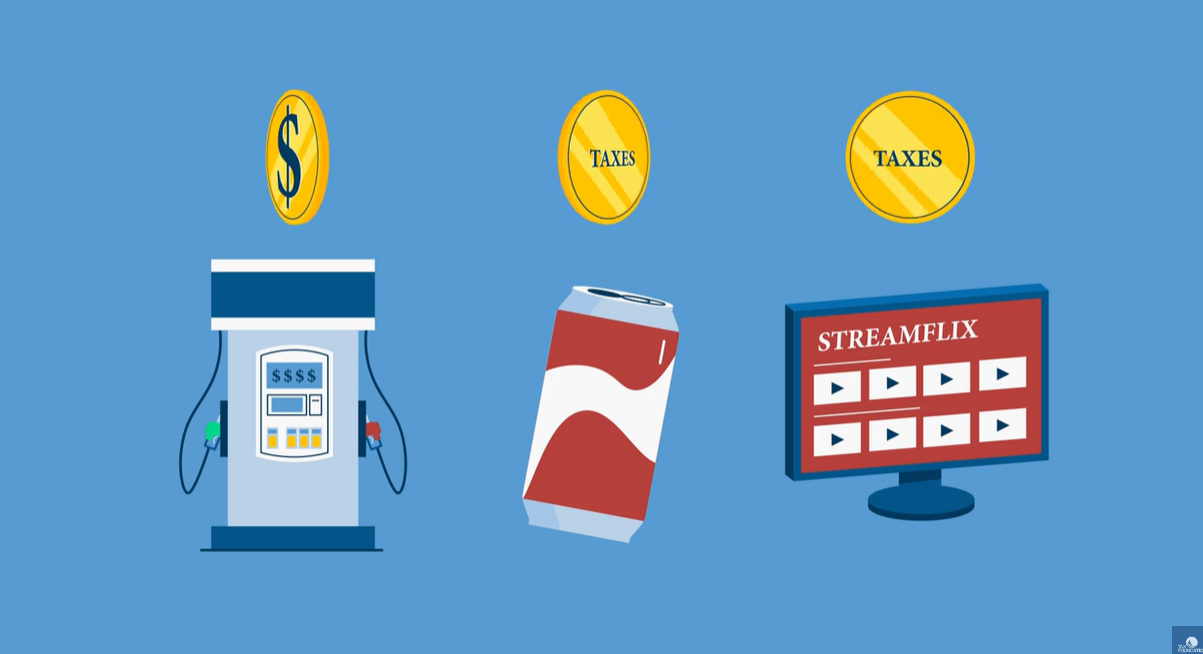Transcript
Taxes have one job – to raise revenue for the government to provide necessary services.
And when taxes are applied at a low rate, on a wide base, they’re likely to do this job better.
Unfortunately, this hasn’t always stopped governments from trying to use taxes for other purposes besides raising revenue, like influencing behaviors, or favoring certain businesses or punishing entire industries.
These might seem like a great idea on the surface. If we want to protect the environment we can lower tax rates on electric vehicle manufacturing. States that want to grow their economy might offer tax abatements to attract film producers or new sports stadiums.
There is also a long history of hiking taxes on products we want people to consume less of like gasoline, sugar, and even streaming services in some states. But here’s the problem – or problems:
First, preferential tax codes pick “winners.” And when that happens, there’s always a “loser” too. Sometimes, it’s the taxpayers and sometimes, it’s a competing business.
It also encourages businesses to game the system. Turns out that if you add enough flour to a chocolate bar you can call it “food” instead of “candy,” and skip some sales taxes.
Lastly, because preferential tax policies have a narrow base, they don’t actually raise that much revenue – the one thing they’re supposed to do.
This is why neutrality is one of the most important principles of sound tax policy.
Neutral tax codes don’t play favorites or try to influence personal or business decisions.
They stick to what they’re best at – raising sufficient revenue through low rates and a broad base.
